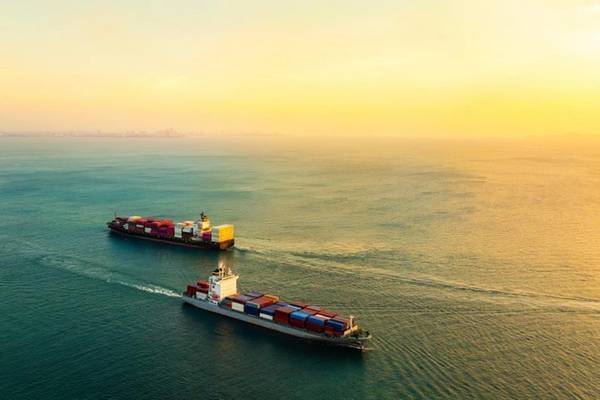OceanScore Outlines Strategies To Navigate FuelEU Compliance
Mar 19, 2025

Maritime data and technology firm OceanScore has outlined three forecasting horizons: budgeting, continuous forecasting as the year progresses and charter-party risk simulations. Credit: OceanScore
Shipping companies must evaluate a range of compliance options under FuelEU Maritime that can have a significant financial impact if not managed properly. Continuous forecasting is essential for an effective compliance strategy in order to manage risk and costs arising from different operational and price scenarios with variable parameters, according to OceanScore, a maritime data and technology firm which supports customers in navigating regulatory complexity and optimize compliance,.
After more than a year of implementation, the EU Emissions Trading System (EU ETS) has underscored the fact that incorrect data comes at a cost because this can lead to disputes with charterers and customers over the volume of EUAs, or carbon credits, to be surrendered, resulting in unnecessary compliance liabilities.
Consequently, many companies have made significant investments in data management systems and data quality to establish efficient administrative processes and monitoring routines so that they can gain better control over their financial exposure.
OceanScore Managing Director Albrecht Grell points out that FuelEU “represents a more dynamic challenge” than just data management as it requires commercial decisions to be made on options such as fuel switching, pooling, banking and borrowing of surpluses to optimize compliance commercially as well.
Factors such as biofuel price spreads, prices for FuelEU compliance pools, USD/€ exchange rates, deployment patterns, the phase-in of EU ETS, and charter-party clauses agreed with different charterers require constant monitoring and fine-tuning.
OceanScore has outlined three forecasting horizons: budgeting, continuous forecasting as the year progresses and charter-party risk simulations.
Budgeting is seen as the most common forecasting horizon as it aligns with existing processes, but annual planning must exceed simply providing figures for a budget due to the complexities of compliance options and uncertainties surrounding the most commercially viable path.
Forecasting in relation to compliance can be affected by changing patterns of deployment, such as a vessel that uses biofuels being redeployed to a non-European trade route, or other vessels trading in Europe generating a larger compliance deficit than anticipated.
Simulations of different scenarios are also required to mitigate the risk of FuelEU clauses in charter parties by addressing complex issues such as the price applied to compliance deficits caused by the charterer, costs for the owner if a charterer opts for pooling or compensation due from the owner to charterer if the latter generates surpluses by switching to biofuels.
This requires a comprehensive understanding of FuelEU mechanics, access to relevant pricing data, and the necessary tools to ensure that charter parties do not turn into financial traps.
FuelEU Compliance